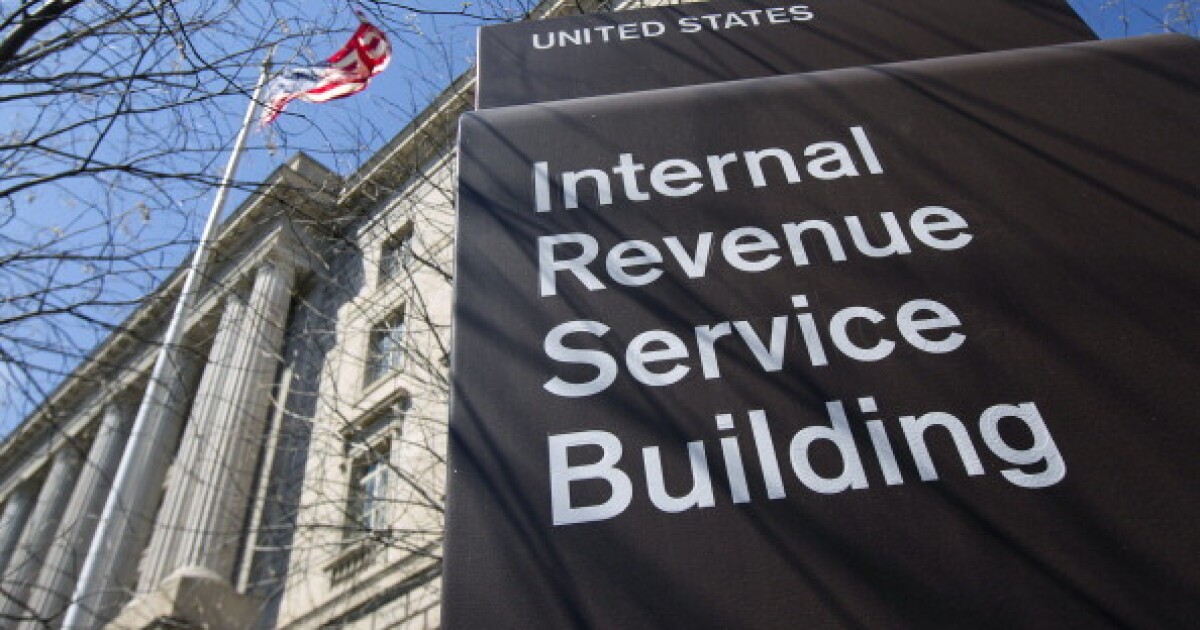Rep. Young Kim, R-California, and Haley Haley Stevens, D-Michigan, reintroduced bipartisan legislation to recognize accounting as a STEM field like other science, technology, engineering and mathematics-related subjects and enable K-12 STEM funding to be used for accounting awareness and education.
The legislation, known as Accounting STEM Pursuit Act of 2025 (H.R. 2911), has been backed by the American Institute of CPAs, which has long advocated for recognizing accounting as a STEM subject and supported similar legislation in 2021 and 2023.
“STEM educational opportunities are vital to our economy and national security, helping students get good paying jobs and boosting our nation’s competitiveness,” Kim said in a statement Tuesday. “Accounting is a STEM field important to all U.S. industries, and building a CPA pipeline is more important than ever in our dynamic, 21st century economy. I’m proud to lead this bipartisan bill to uplift students with the skills they need to contribute to our workforce and support our future economy.”
Proponents hope the bill will pass this time and encourage more young people to pursue accounting careers.
”Quality, accessible STEM education is the path to a good paying job and all students should have access to it,” Stevens stated. “That’s why I am introducing the Accounting STEM Pursuit Act of 2025, which will introduce students to opportunities in the accounting profession early on to strengthen the future of this vital industry and ensure that accounting, a field increasingly intertwined with technology, is accessible to all students.”
The AICPA noted that over time, technology has evolved and many professions, including accounting, have evolved with it. Digital technology tools are automating and improving many old accounting tasks, opening up avenues for more creative work such as data analysis, advising on business decisions and hunting down fraud. STEM recognition for accounting at the K-12 level, in tandem with the potential for existing STEM K-12 federal funding to be used for accounting awareness and education, would affirm that the accounting profession is qualified to assess the technological world businesses are in today and expose a larger cross-section of students to potential careers in accounting, while growing the profession’s pipeline.
“For years, STEM curriculum has been a driving force in our education system, providing students with the education needed to develop critical skills that will allow them to compete in a global economy. Accounting has always embodied the values of STEM education, and we believe now is the time to recognize accounting as a STEM curriculum,” said Susan Coffey, CEO of public accounting at the AICPA, in a statement. “STEM recognition for accounting will help expose students from all backgrounds to the profession, strengthen the accounting pipeline and provide increased opportunities for students in various communities. We thank Representatives Kim and Stevens for their leadership and dedication on this issue and urge members of Congress to support this legislation.”


 Economics1 week ago
Economics1 week ago
 Personal Finance7 days ago
Personal Finance7 days ago
 Accounting1 week ago
Accounting1 week ago
 Economics1 week ago
Economics1 week ago
 Blog Post4 days ago
Blog Post4 days ago
 Economics1 week ago
Economics1 week ago
 Economics5 days ago
Economics5 days ago
 Personal Finance7 days ago
Personal Finance7 days ago












